Nature reports
Page 41 of 68 - 676 Results
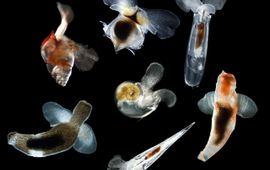
Pteropods, abundant aragonitic calcifying plankton, are the equivalent of 'canaries in the coal mine' for our acidifying oceans. Researchers have shown that two major groups of pteropods have Cretaceous origins and hence, must..
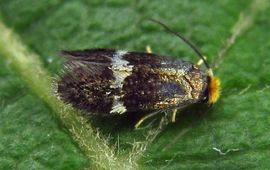
The first record of the Gold-fringed Pygmy in Germany prompted a review of this elusive species in Europe. More than half of the known specimens originate from just two countries: 17 from England and 11 from the Netherlands. Is..
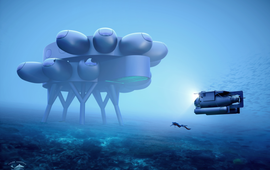
Plans for a cutting edge, underwater research station ‘PROTEUS™’ have recently been released. The modular design, inspired by coral polyps, will allow scientists to live and conduct research directly from the ocean floor off the..
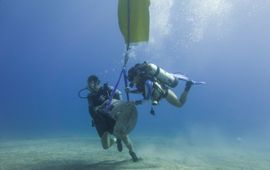
A new study compared the effectiveness of three popular artificial reefs to increase fish densities around Saba and St Eustatius. The researchers found that a complex internal structure, that provides more shelter availability,..
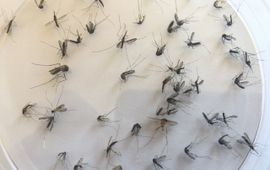
A year-long collection of mosquitoes with self-made traps and over a hundred volunteers in rural Rwanda reporting mosquito nuisance revealed when and where malaria risks were the highest. In addition to their reporting, the..
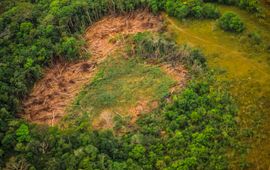
The most commonly used method for the taxonomic identification of tree trunks is wood anatomy. The number of experts with a long-term training is decreasing, however, while the technology continues to develop. Wood anatomists from..
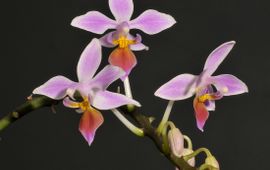
Butterfly orchid flowers evolved into different shapes in adaptation to their pollinators. Dewi Pramanik (Naturalis Biodiversity Center) and colleagues reveal the evolutionary origin of three highly specialized orchid floral..
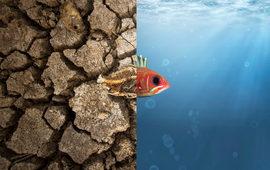
Using internationally accepted climate change predictions and (research) reports, DCNA defined impacts both above and below water for all six Dutch Caribbean islands. They stress the need for immediate action to build resilience..
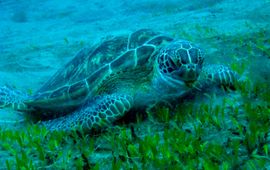
A recent study worked to quantify seagrass’ ability to minimize erosion in shallow water of Lac Bay, Bonaire. It also examined how intensive grazing can drastically affect seagrass’ ability to stabilize sediment. This research..
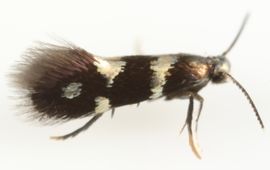
Scientific names of animals and plants consist of two parts: the genus name and the specific name. The genus name is not only a name label, but also an indication of evolutionary relationship: all species with the same genus name..
